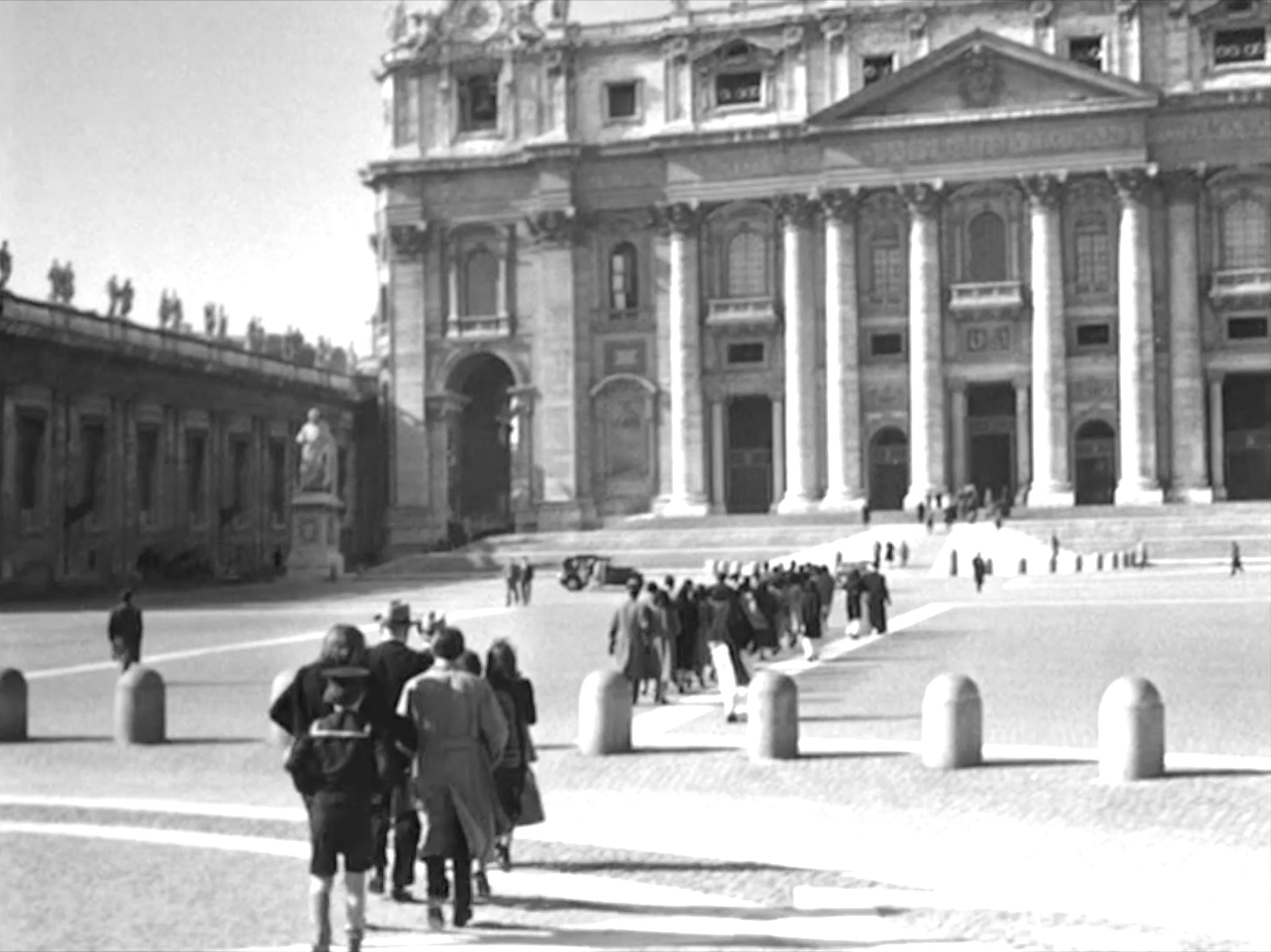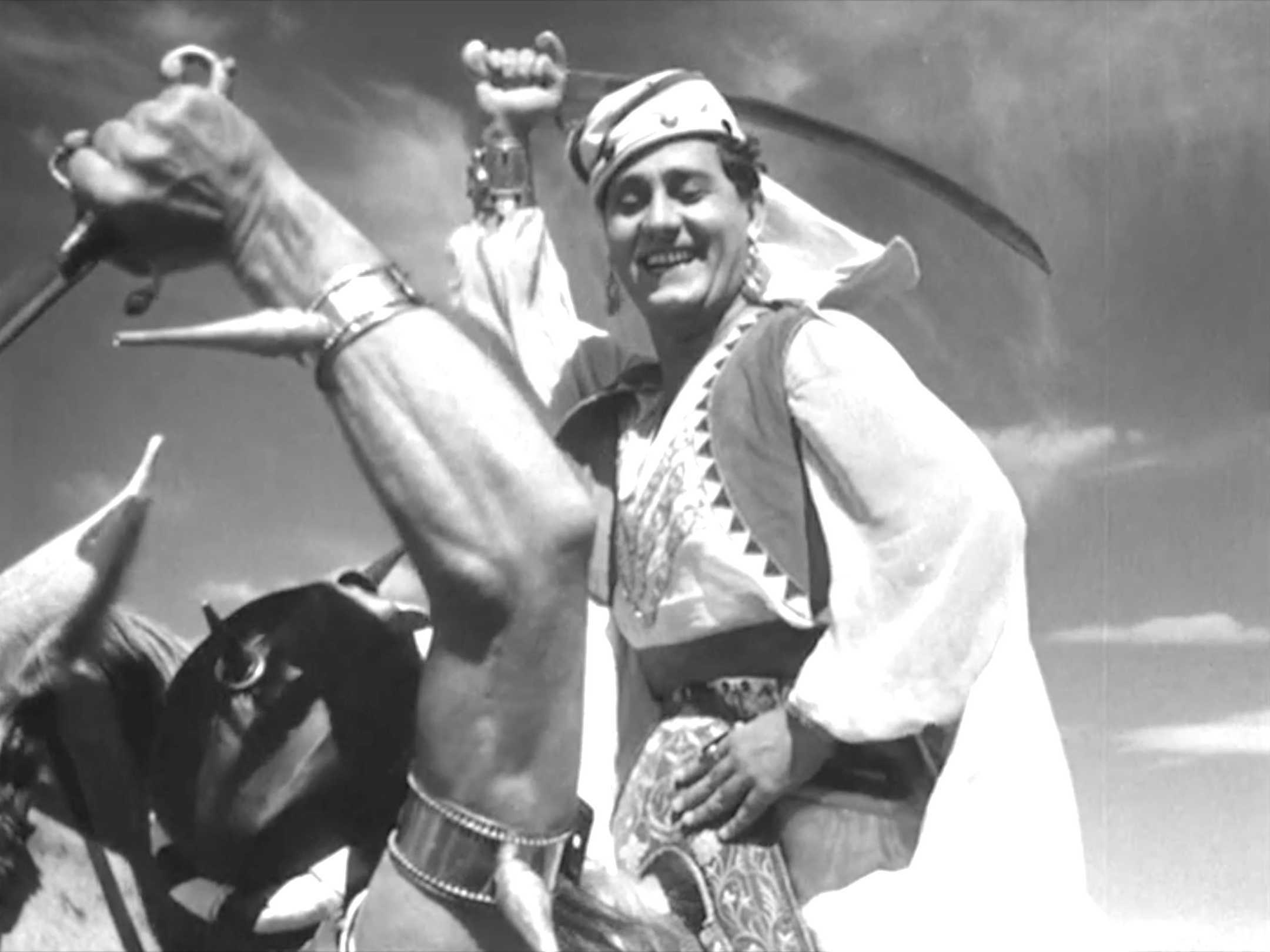Federico Fellini | 1hr 23min

The marriage between flighty romantic Wanda and the overly practical Ivan was never going to be an easy one, though at least the wild romp across Rome that emerges from their odd mismatch of values brings both newlyweds down to earth – and the light amusement it offers to those looking in from the outside doesn’t hurt either. While Ivan has planned their honeymoon down to the exact minute, Wanda’s eyes have turned to handsome celebrity Fernando Rivoli, star of the soap opera photo strip ‘The White Sheik’. Surely it won’t be too much of an issue if she disappears for a few hours to see him, she presumes, thereby leaving Ivan alone to meet with his relatives, devise a string of excuses for her disappearance, and track her down before their imminent appointment with the Pope.
The White Sheik may be a minor effort from Federico Fellini in his early career, but to those acquainted with the Italian director’s later work, this romantic comedy also holds the key to his artistic development. In his eyes, modern day Rome is a city of glorious contradictions, infused with an air of classical romanticism that runs counter to the lies and pretensions of its morally ambiguous citizens. His filmmaking here is not true neorealism, and at this point he does not yet possess the impressive stylistic command of his mentors, but his roots in the movement are nonetheless evident in his location shooting around Rome’s streets and architectural landmarks. He evidently knows how to wield this setting in key moments, at one point cutting through a brief montage of the city’s angel statues around Wanda after having her heart broken, and yet denying any immediate salvation as they turn their backs to both her and the camera.
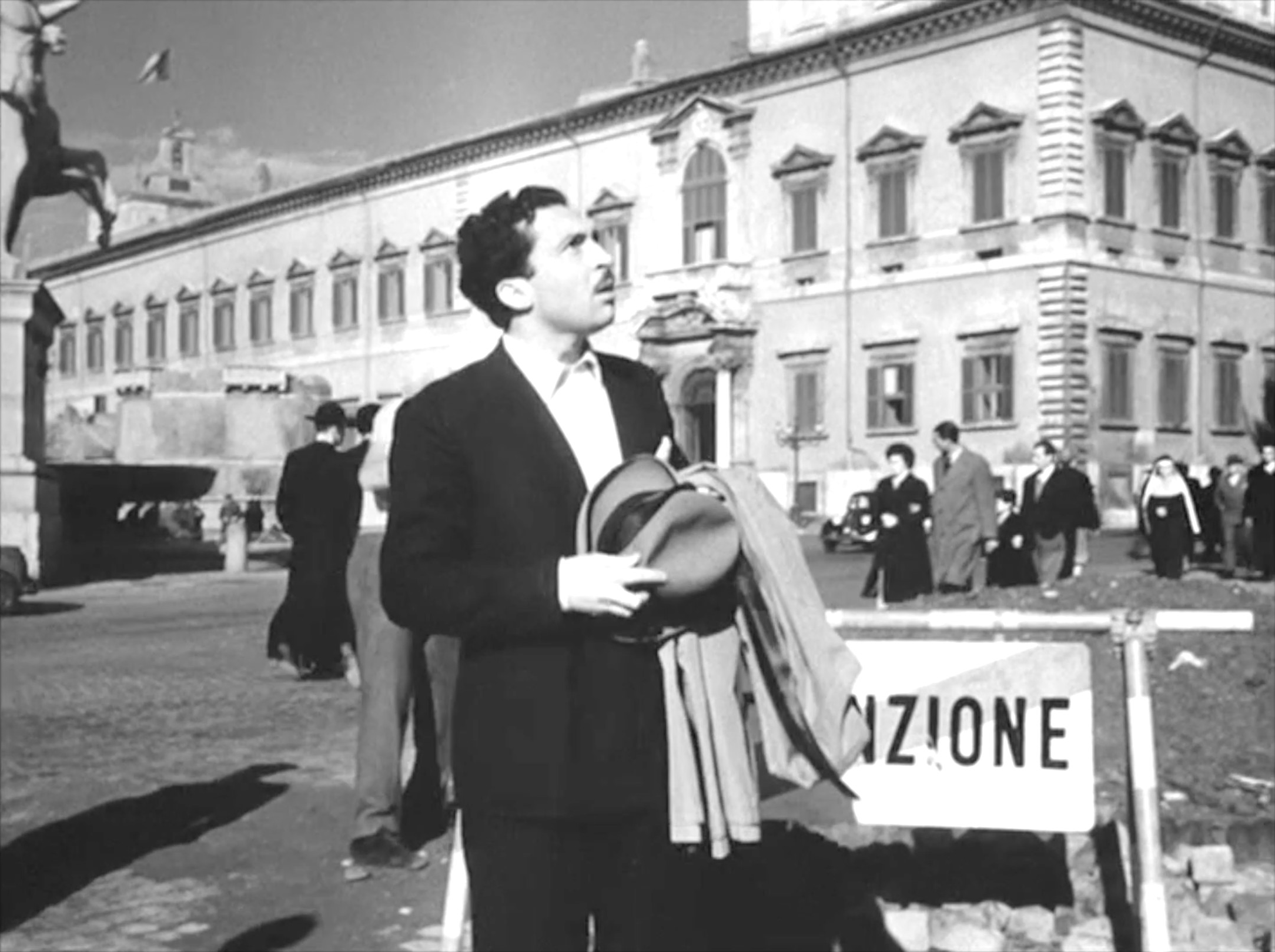
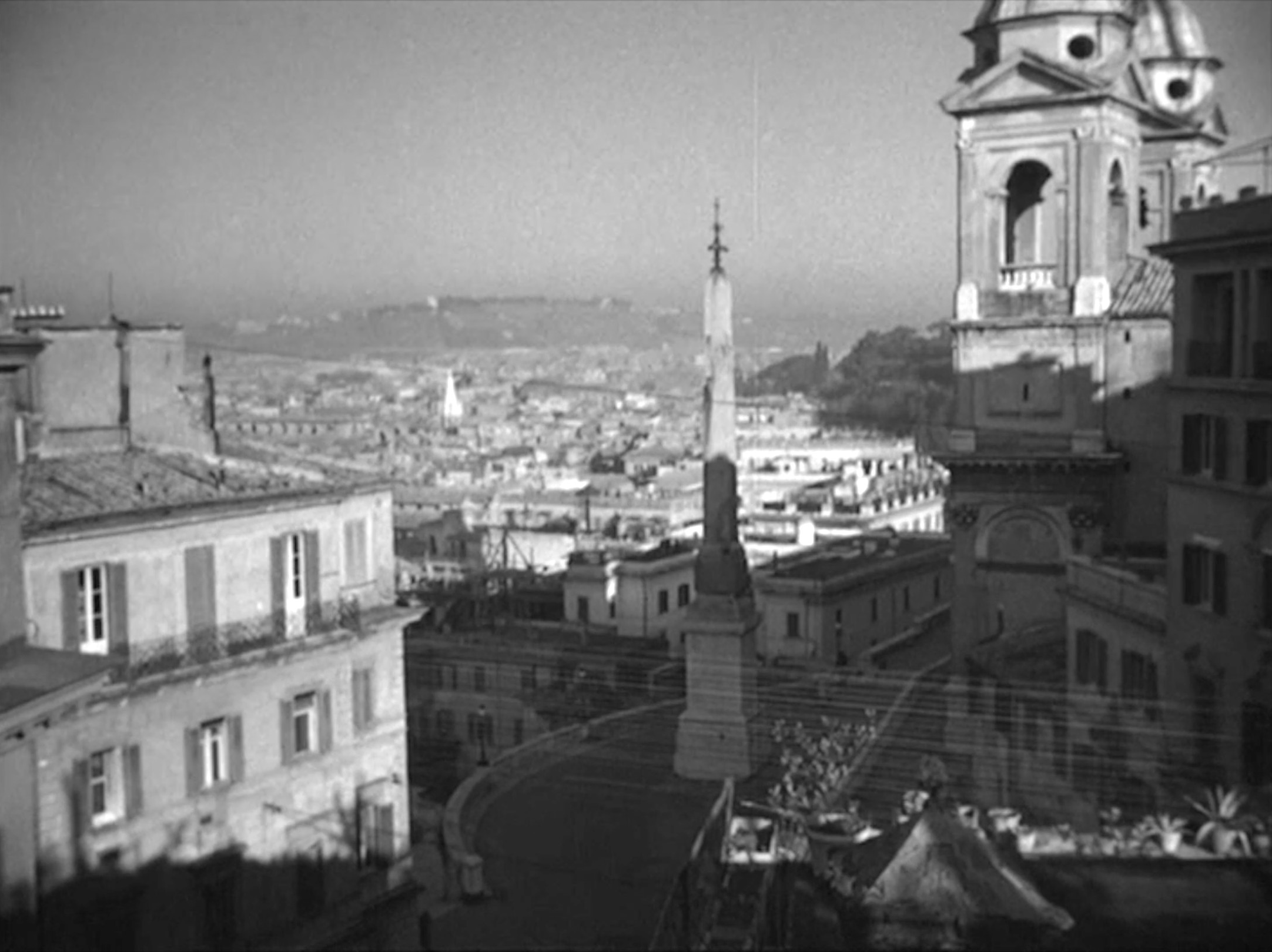
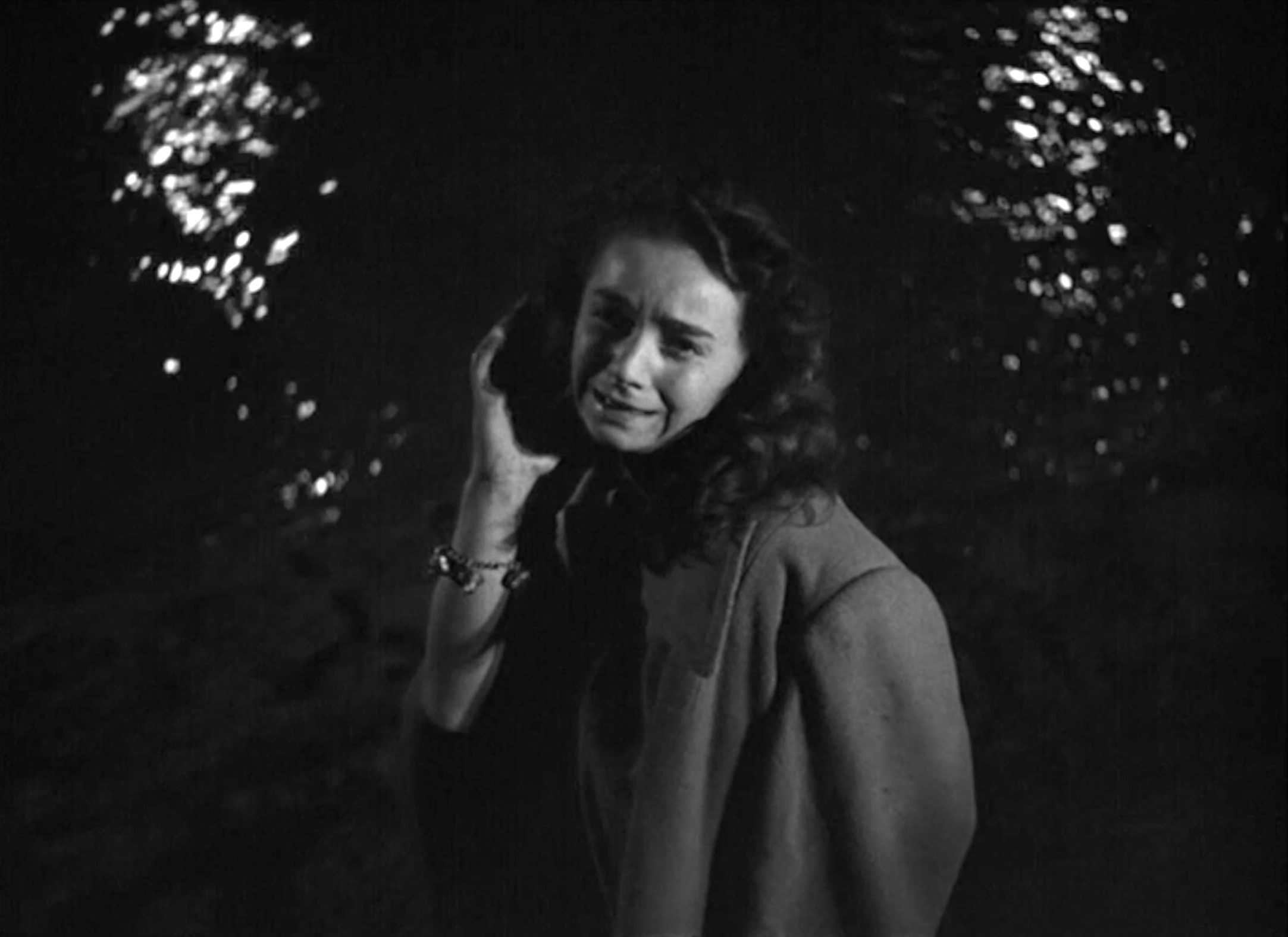
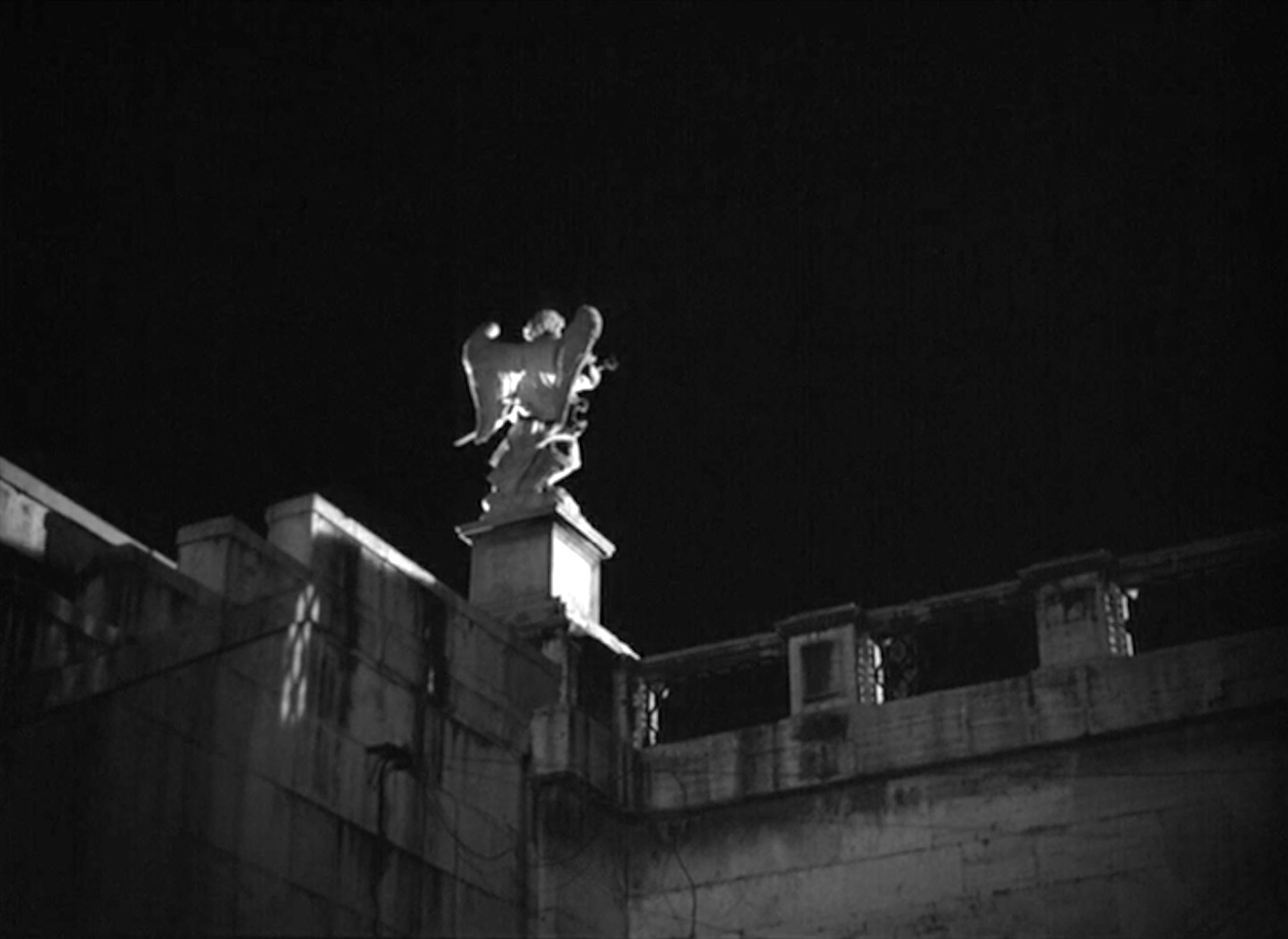
In this moment, it feels as if the comforting, open arms of Christianity are closed, leaving Wanda to wallow in her misery. Fellini would later interrogate the shallow pretensions of modern-day theology with greater formal acuity in La Dolce Vita, further exploring Rome as a morally broken cesspool of hypocrites, and yet beyond this scene The White Sheik also lays out that groundwork through the cultural intertwining of religion and celebrity. In this city, God is constantly displaced by whatever new, substanceless attraction seduces fans with their dazzling looks, with the hottest star at this point in time being handsome photo strip star Rivoli.
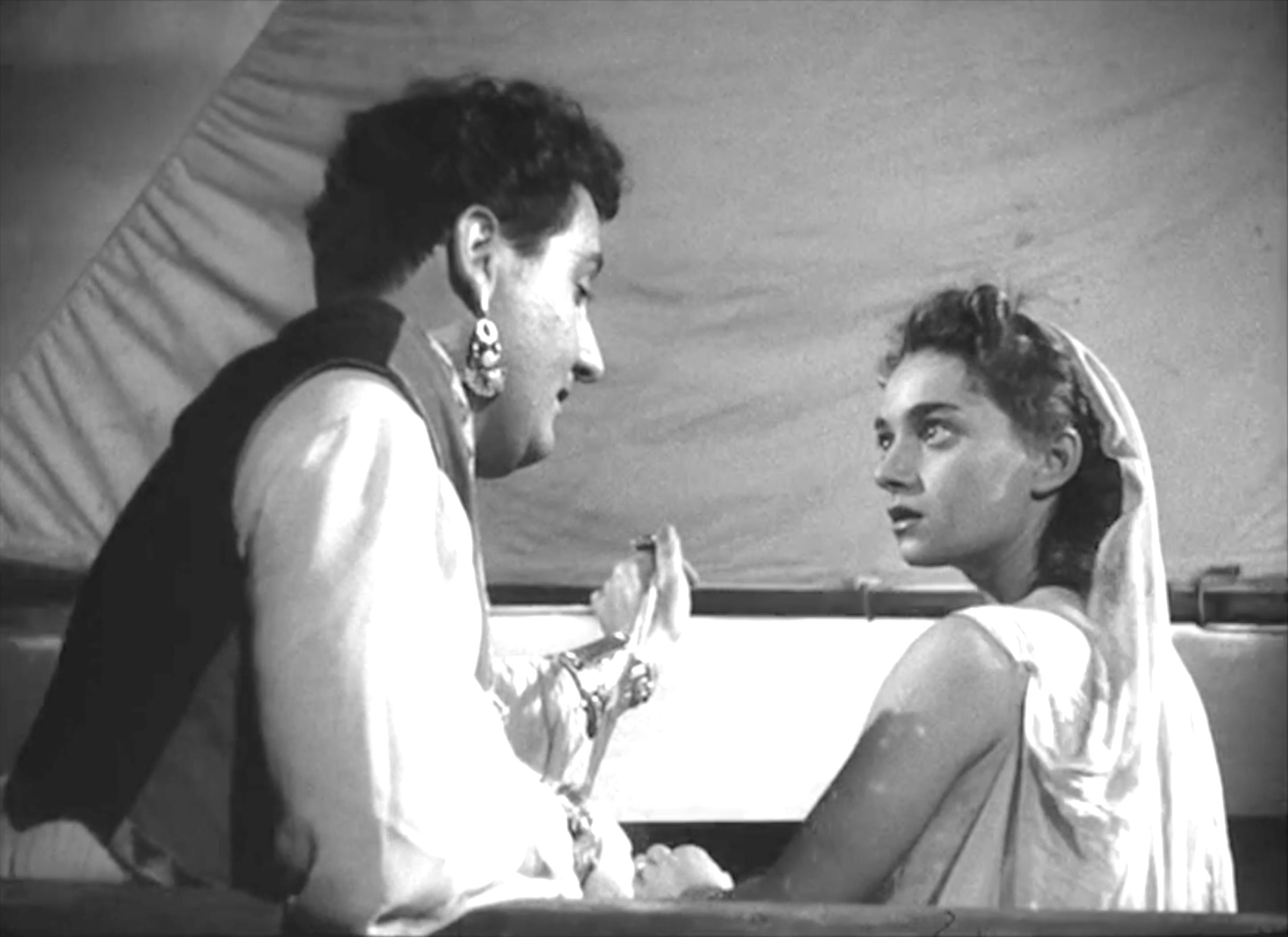
Even the very name that this deceptively charming actor adopts as his heroic character is meaningless in its cultural contradiction, with the ‘White Sheik’ applying an artificial Western lens to Middle Eastern culture for no good reason other than the exotic appeal. Of course, Wanda can’t resist – she is ready to impulsively sail away with him for an ocean adventure, and eat up his tall tale of being brainwashed into an unhappy marriage through a love potion. Only when his actual wife arrives and exposes his lies does the blinding façade fall away to reveal a pathetic, empty man desperately trying to live up to his legend, thereby ending Wanda’s romantic dreams.
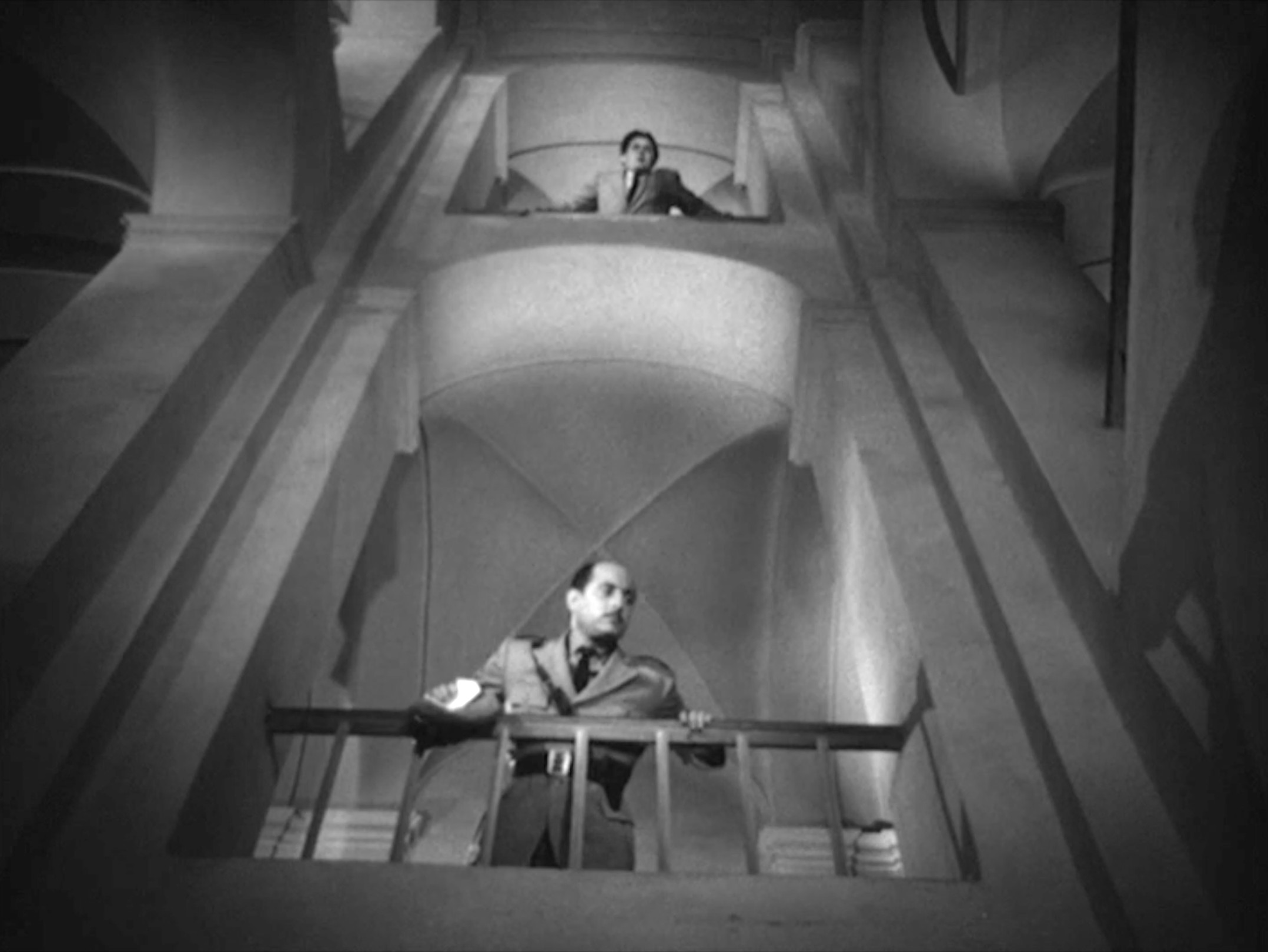
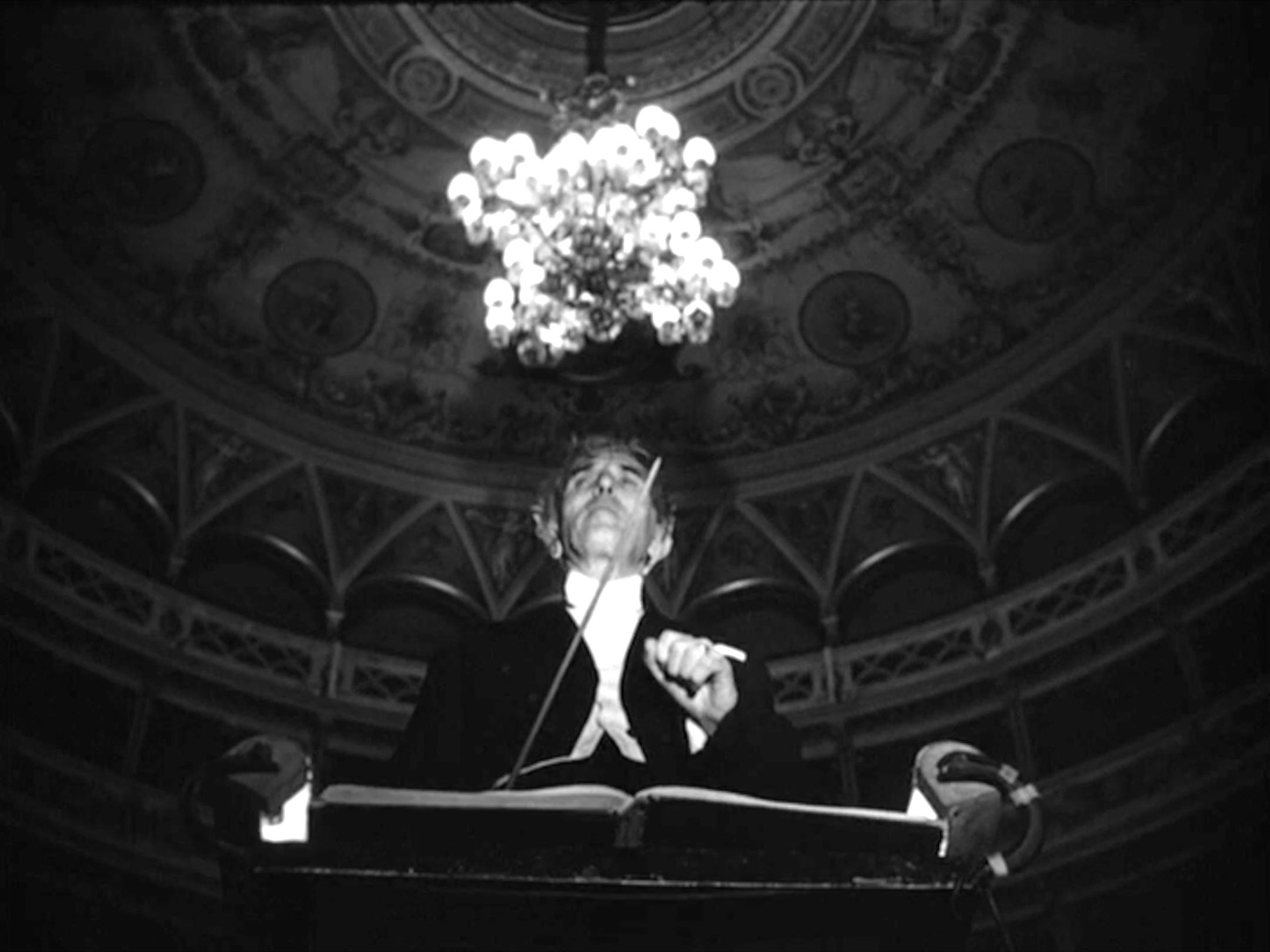
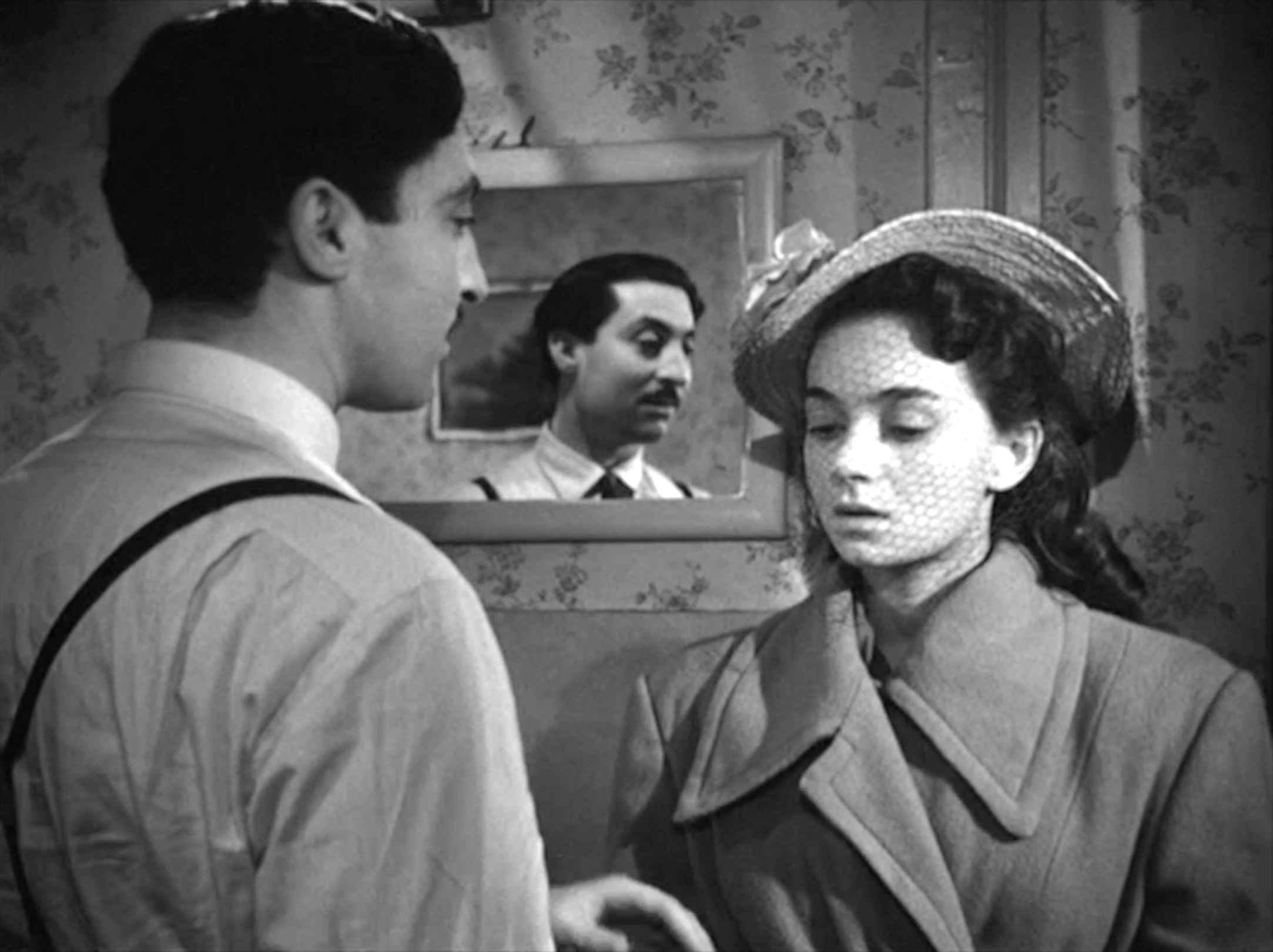
Meanwhile, Ivan’s ordeal back at the hotel realising his wife has run away pushes him far outside his comfort zone to do something he has never done before – improvise. For better and worse, Fellini clearly delights in the broad comedy of this storyline more than the other, straining Ivan’s ability to keep his cool demeanour under extreme duress. He can only cover for Wanda’s absence so much before his inquisitive relatives begin to see through the lies about her apparent sickness, and eventually his mental exhaustion begins to spill out into slapstick when he is comically caught up in a marching band that almost runs him over. Unfortunately, Leopoldo Trieste’s constant mugging of the camera with a stunned gaze does not play out so well comedically, and he is even outdone by Giulietta Masina cameoing as the same character she would later play in Nights of Cabiria.
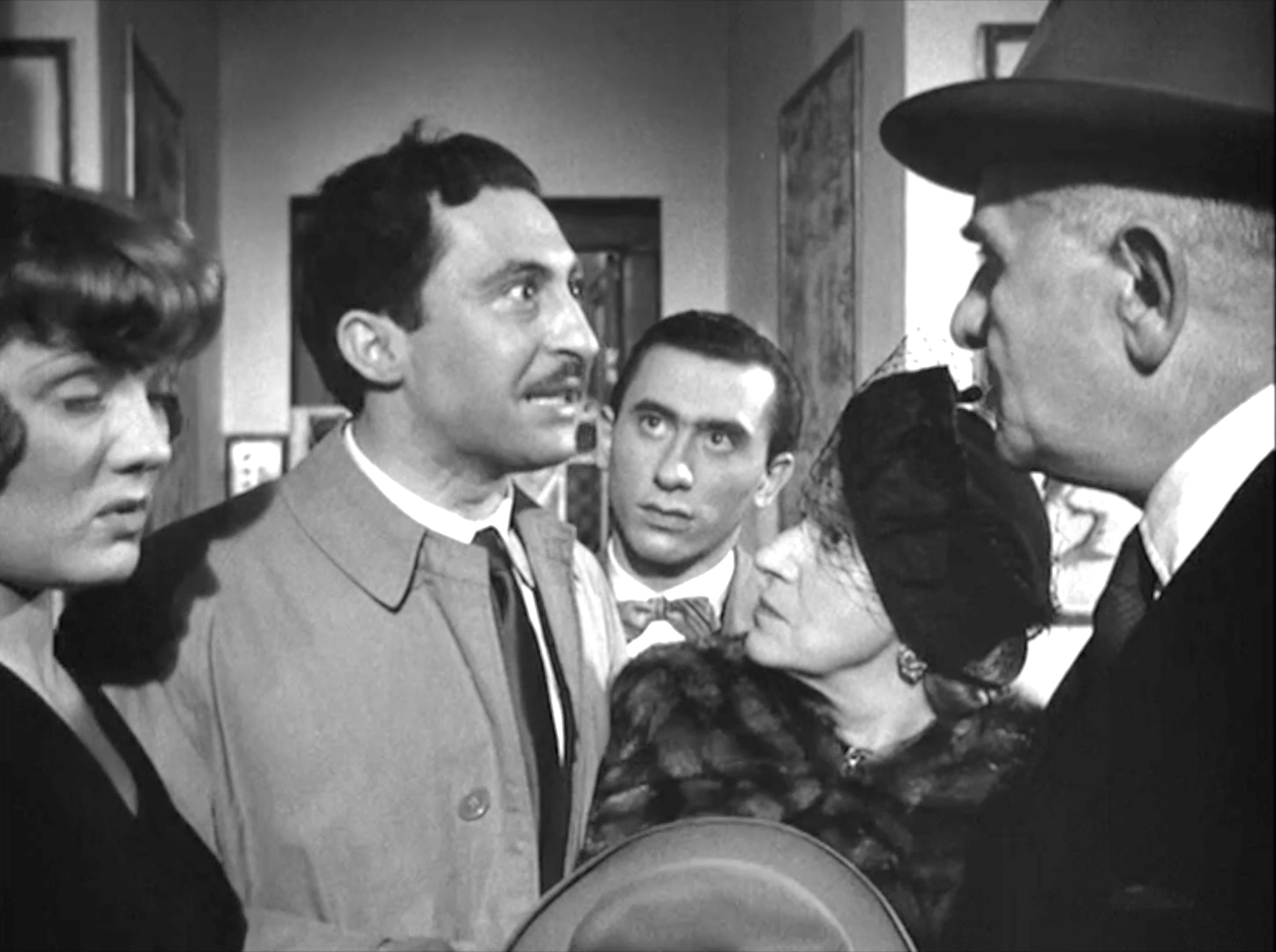
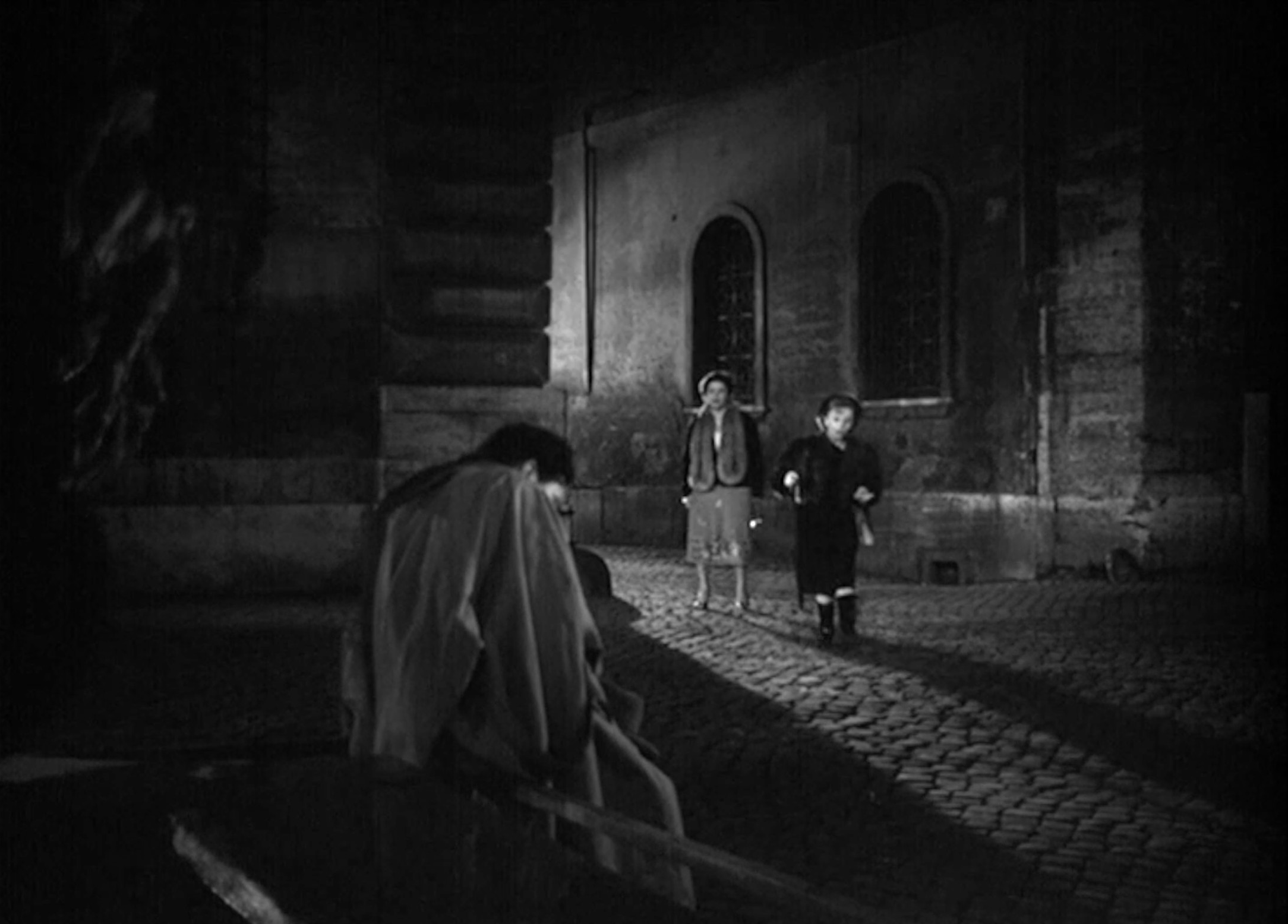
With Wanda recognising the emptiness of her dreams and Sven learning the value of flexibility, Fellini effectively reunites the newlywedded couple under their original plan to visit St Peter’s Basilica and see the Pope. His allegory for marriage’s holy union is transparent but well-earned, seeing both spouses overcome their flaws, and ultimately grow closer to God in this finale. Rome may be a city of famous icons and worldly distractions in The White Sheik, and yet there is still divine redemption to be found by those who seek it out in the right places.
The White Sheik is currently available to purchase as a DVD or Blu-ray on Amazon.
